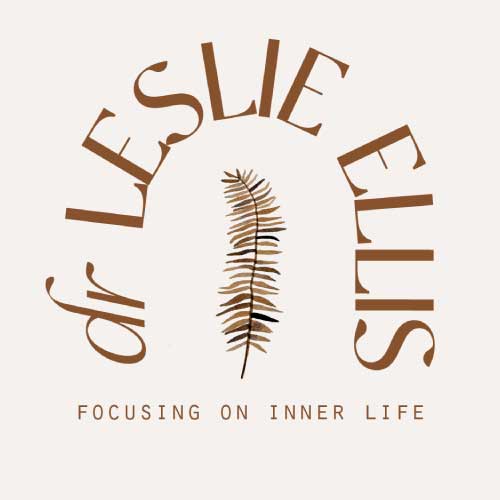Our state of mind and body prior to falling asleep can affect the way we dream, and this can be a target for treatment for those who experience frequent trauma-related nightmares. If you are someone who has trouble falling asleep because you can’t quiet your mind and body, you are also more likely to have disturbing dreams.
A recent study by Youngren and colleagues (2022) has replicated existing evidence that the time it takes to fall asleep (also called sleep onset latency or SOL) and pre-sleep cognition (such as worry or rumination) significantly increase nightmare frequency. Somatic arousal is also implicated, but the results are more complex – self-reported physiological arousal did not impact nightmare frequency. However increased arousal measured by the DREEM headband used to measure physiological aspects of sleep did significantly correlate with more nightmares. The subjective and measured arousal levels did not correlate; it seems participants were not reliable judges of their own physiological pre-sleep arousal.
The researchers tested a small sample of 15 male inpatient veterans who had experienced trauma and frequent nightmares. They were seeking to strengthen the evidence for their NIGHT-CAP (nightmare cognitive arousal processing) theory, which proposes that the longer it takes to fall asleep, the more time there is for negative pre-sleep worries to prime a person for negative dreams. However, while SOL and pre-sleep cognitions independently predicted nightmares, the interaction between the two was not significant.
The authors note the importance of their findings to clinicians because “current treatment options for post-trauma nightmares remain sparse and are less effective than treatments for other sleep disorders, such as insomnia.” The study results suggest that a bedtime ritual of calming the body and clearing the mind could potentially help reduce nightmares.
A complicated picture: How pre-sleep arousal affects dreaming
The effect of the body’s arousal level prior to sleep on subsequent dreams is not clear or linear, however. Another recent study (Dumser et al., 2023) highlights individual differences. In this study of 16 women with regular nightmares, fear of sleep was, when averaged, significantly linked with increased nightmare distress, but there were notable individual differences. Pre-sleep arousal also yielded highly individual effects on sleep and dreaming.
The authors concluded: “These findings highlight the crucial role of fear of sleep in the etiology of nightmares and sleep disturbances, while pointing to the importance of pursuing individual, personalised models that explain heterogeneity in the process of triggering nightmares.”
Nightmares and Psychiatric Illness: Co-occuring or Causal?
Nightmares are a cardinal symptom of post-traumatic stress injury and in this context, are becoming more frequently considered as a target for treatment. However, disturbed dreaming is also prevalent in other psychiatric disorders, notably depression, anxiety, suicidal ideation and borderline personality. Yet nightmares are rarely a target of treatment in these cases.
A recent systematic review of the effect of nightmare treatment on mental health issues (Sheaves, Rek & Freeman, 2023) highlights the scarcity of research in this area, but also some indication that treating nightmares has the potential to help with a variety of symptoms. They found treating nightmares particularly helpful with threat-based disorders, pointing to a causal relationship. Moderate reductions in PTSD, depression and anxiety were found as a result of nightmare treatment. There is also a surprising result from two pilot studies that nightmare treatment might prevent recovery from suicidal ideation, despite strong evidence linking nightmare frequency with subsequent suicide attempts.
This and all other areas of nightmare treatment are “greatly understudied” so firm conclusions could not be drawn from the existing evidence. The authors suggest it’s possible that rather than being causally related to many mental health problems, nightmares may instead share similar causes. In PTSD, however, the impact of nightmares on related symptoms is more clearly causal and also bi-directional.
I am offering a more comprehensive course for clinicians called The Nightmare Treatment Imperative. Learn why treating nightmares is both essential and surprisingly simplein this online course for mental health professionals, dreamworkers, and anyone who supports those with nightmares.
References
Dumser, B., Werner, G. G., Ehring, T., & Takano, K. (2022). Symptom dynamics among nightmare sufferers: An intensive longitudinal study. Journal of Sleep Research, e13776.
Sheaves, B., Rek, S., & Freeman, D. (2022). Nightmares and psychiatric symptoms: A systematic review of longitudinal, experimental, and clinical trial studies. Clinical Psychology Review, 102241.
Youngren, W. A., Hamilton, N. A., Preacher, K. J., & Babber, G. R. Testing the Nightmare Cognitive Arousal Processing Model. In press, Psychological Trauma: Theory, Research, Practice, and Policy.

